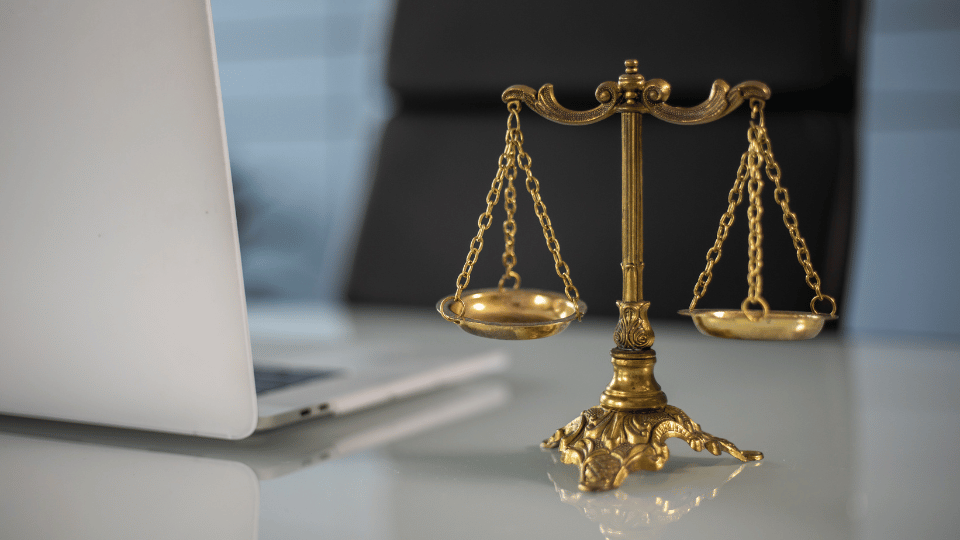Ethical Considerations in Defense Talent Acquisition

In the world of defense hiring, where compliance, security, and reputation intersect, recruitment cannot be treated like a standard process. Ethical talent acquisition in defense is not just about filling roles quickly—it’s about protecting national security, ensuring compliance with strict regulations, and maintaining trust with candidates and stakeholders.
This article explores why ethics matter in defense talent acquisition, the key challenges organizations face, and the best practices that can help defense and aerospace companies hire with integrity.
Why Ethics Matter in Defense Talent Acquisition
Unlike many industries, defense and aerospace hiring carries unique implications. The people you bring on board may work on projects critical to national security, international defense cooperation, or advanced aerospace innovation.
Ethical defense hiring practices ensure:
National security compliance: Hiring decisions directly impact defense projects with high security stakes.
Reputation and trust: Defense companies are under constant scrutiny. Transparent hiring builds trust with governments, employees, and the public.
Legal alignment: Strict laws like ITAR and EAR mean non-compliance can result in heavy penalties or loss of contracts.
Ethics, therefore, are not optional—they are a foundational element of defense recruitment.
Common Ethical Challenges in Defense Hiring
Defense and aerospace companies face unique challenges when it comes to recruitment. Some of the most pressing include:
Candidate Data Privacy and Security
Candidates for defense roles often provide sensitive personal information, including security clearance data. Protecting this data is both a legal requirement and an ethical responsibility.
Equal Opportunity and Non-Discrimination
Defense companies must ensure that hiring practices remain free from bias, even when strict clearance or citizenship requirements apply. Balancing compliance with fairness is a central challenge.
Conflicts of Interest and Nepotism Risks
Because defense companies often operate under government contracts, conflicts of interest in hiring must be avoided at all costs. Even the appearance of favoritism can undermine credibility.
Transparency in Job Descriptions and Compensation
Clear, accurate job descriptions and upfront compensation discussions build trust and set realistic expectations. Misrepresentation in defense roles can carry significant ethical risks.
Compliance Standards and Legal Frameworks
Defense hiring is heavily regulated. Ethical recruitment must align with legal frameworks including:
ITAR (International Traffic in Arms Regulations): Governs defense-related exports and staffing of certain sensitive roles. View ITAR Guidelines →
EAR (Export Administration Regulations): Controls dual-use technologies that have both civilian and military applications.
Equal Employment Opportunity (EEO) Laws: Mandate nondiscrimination in hiring processes.
Falling short on compliance is not only unethical but also carries severe penalties, contract risks, and reputational damage.
Best Practices for Ethical Defense Recruitment
To meet both ethical and compliance standards, defense companies can implement the following strategies:
Build transparent hiring processes: Standardize interviews, use structured evaluation criteria, and document decisions.
Partner with experts in aviation staffing: Specialized staffing firms understand the nuances of security clearances, compliance, and defense-specific talent pipelines.
Train HR teams: Provide ongoing education about unconscious bias, equal opportunity, and compliance regulations.
Leverage technology responsibly: AI-driven screening tools can help minimize bias—but they must be monitored to ensure fairness and accuracy.
Audit hiring practices: Regular internal reviews can ensure adherence to both ethical standards and compliance laws.
By committing to these best practices, companies not only avoid compliance risks but also create a stronger, more inclusive talent pipeline.
The Role of Employer Branding in Ethical Hiring
Ethics don’t just protect companies—they also strengthen brand reputation. Defense and aerospace companies that emphasize fairness, transparency, and compliance in their hiring are more attractive to high-quality candidates.
Strong defense employer branding communicates that your organization values people as much as it values mission success. This reputation can become a strategic differentiator in a competitive talent market.
Conclusion
Defense talent acquisition carries weighty responsibilities. From protecting national security to ensuring equal opportunity, ethical hiring is both a compliance necessity and a brand advantage.
Companies that adopt transparent processes, safeguard candidate data, and partner with trusted aviation staffing experts will not only meet legal obligations but also build stronger, more resilient teams.
Ethical defense recruitment is about more than following the rules—it’s about leading with integrity. If your organization is ready to take the next step, now is the time to audit your practices and invest in ethical hiring strategies.
